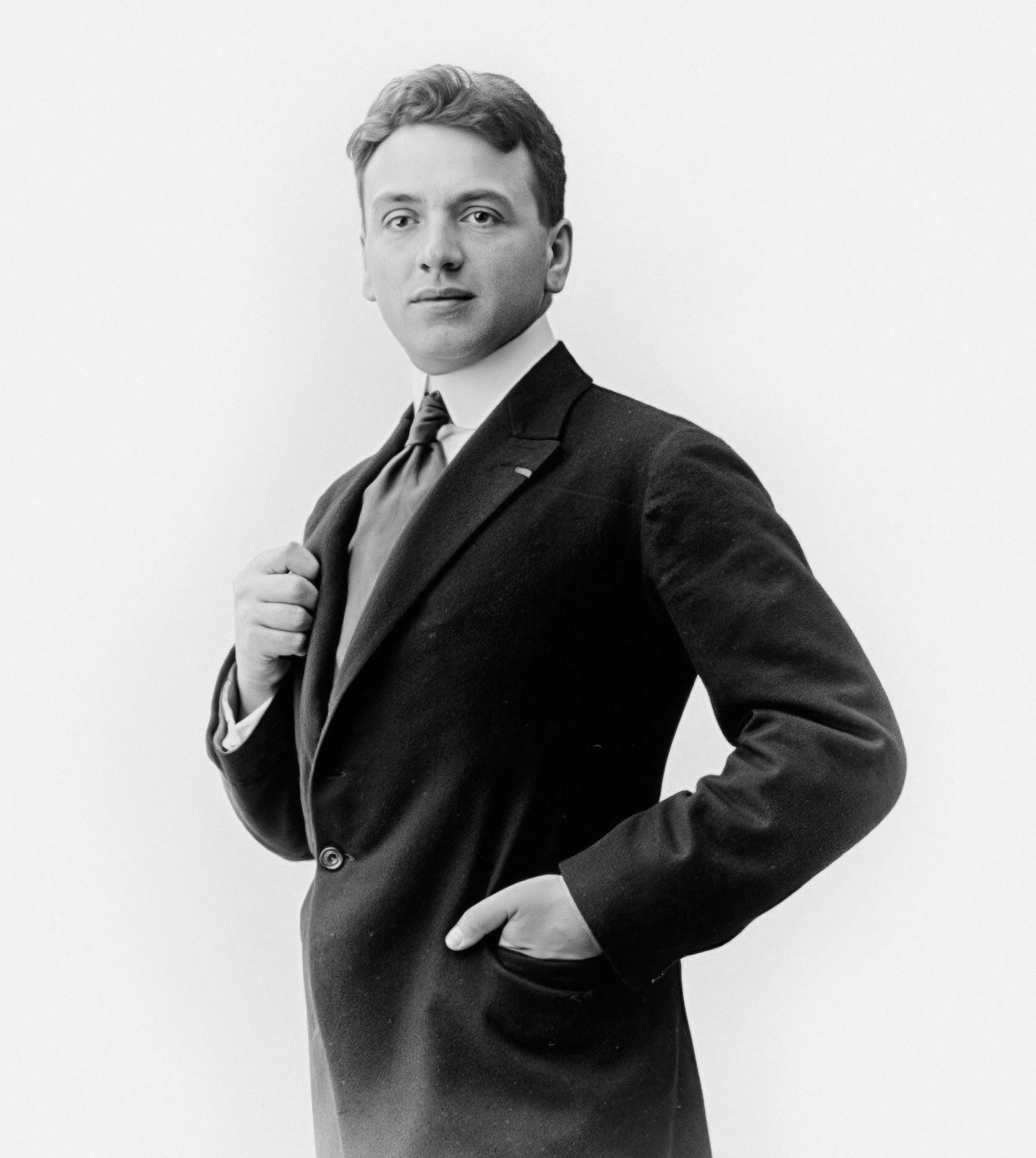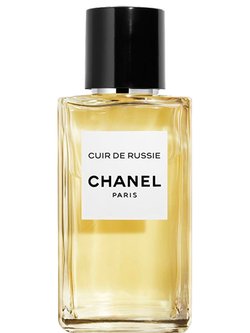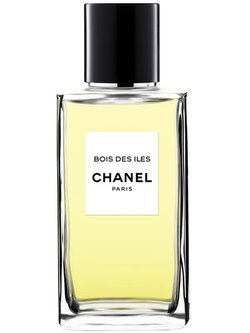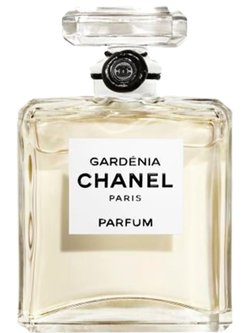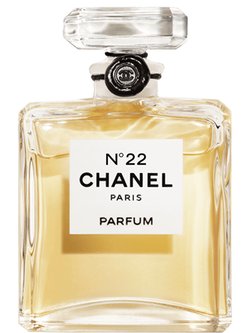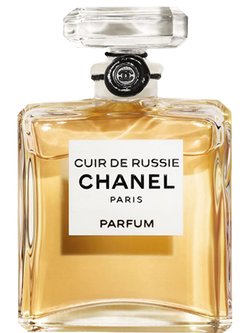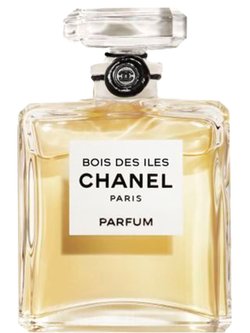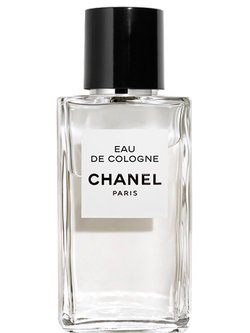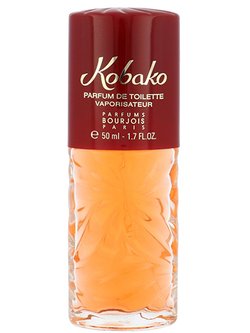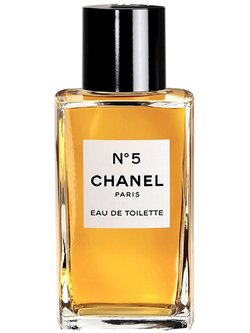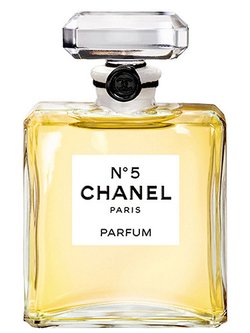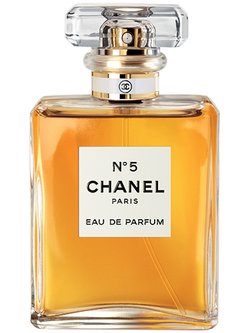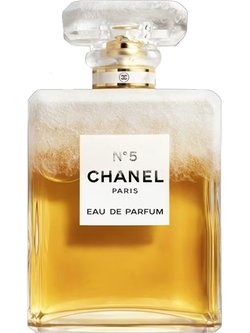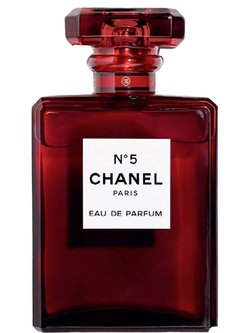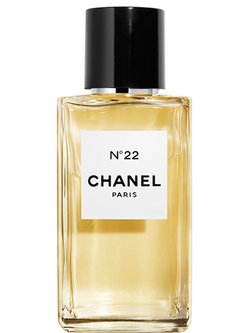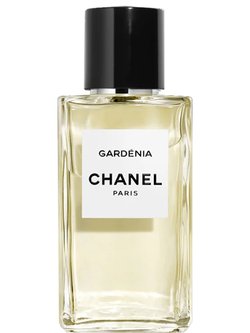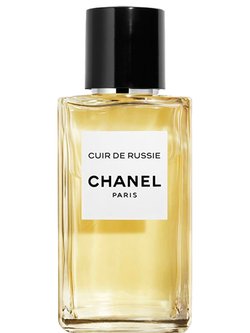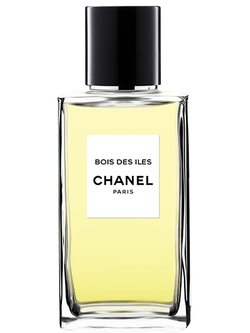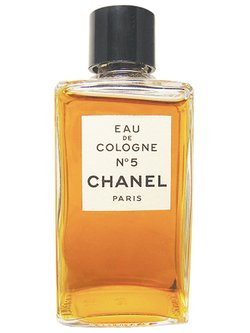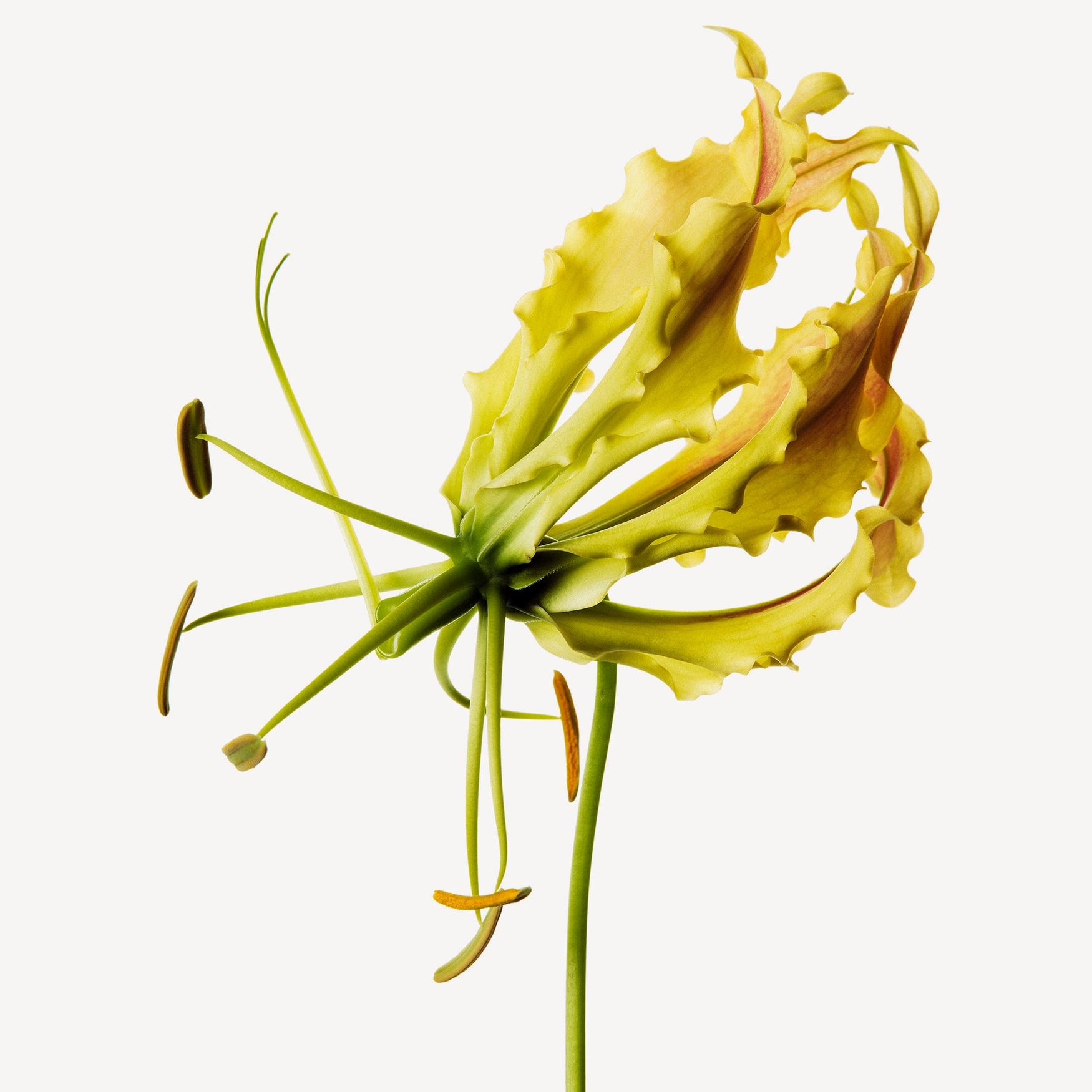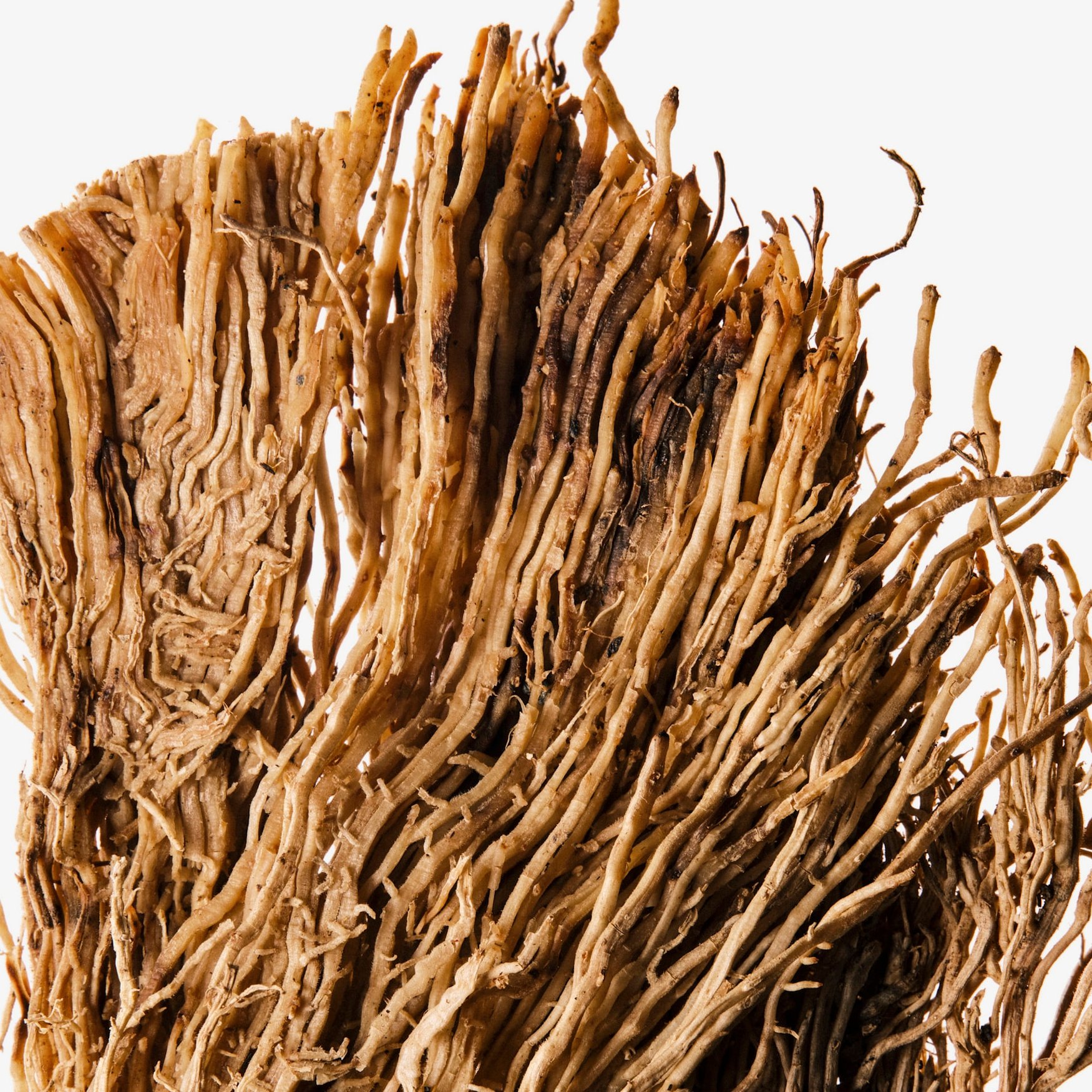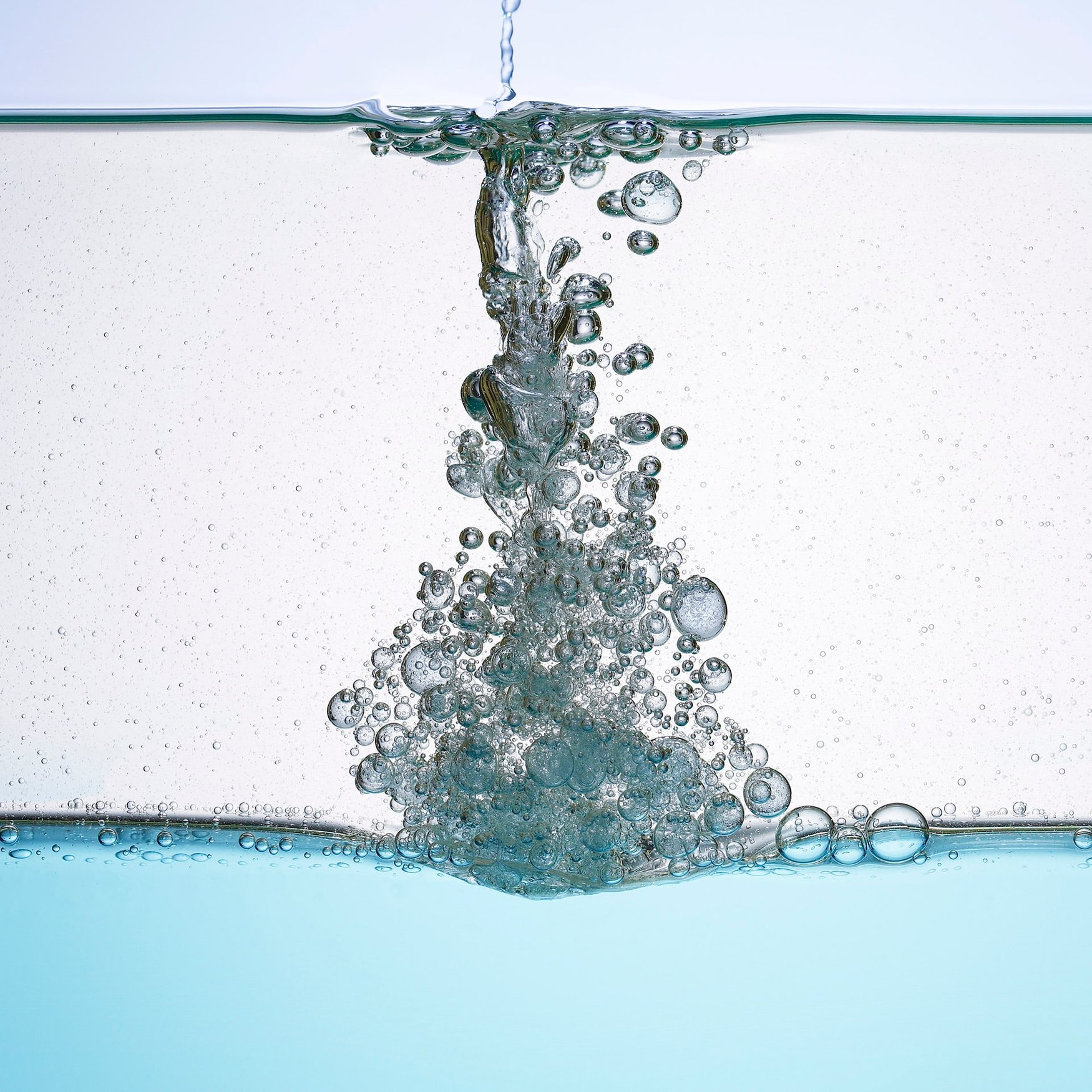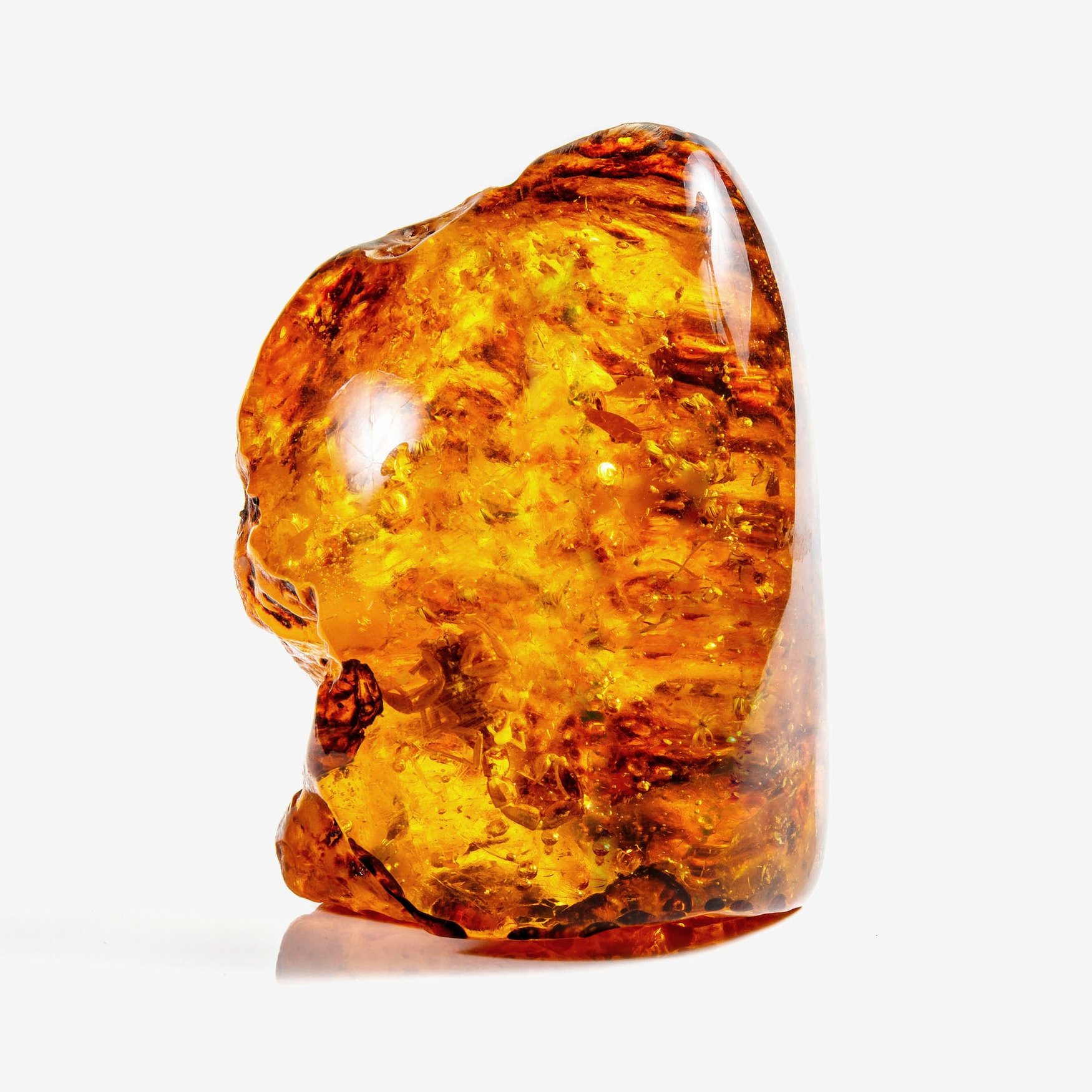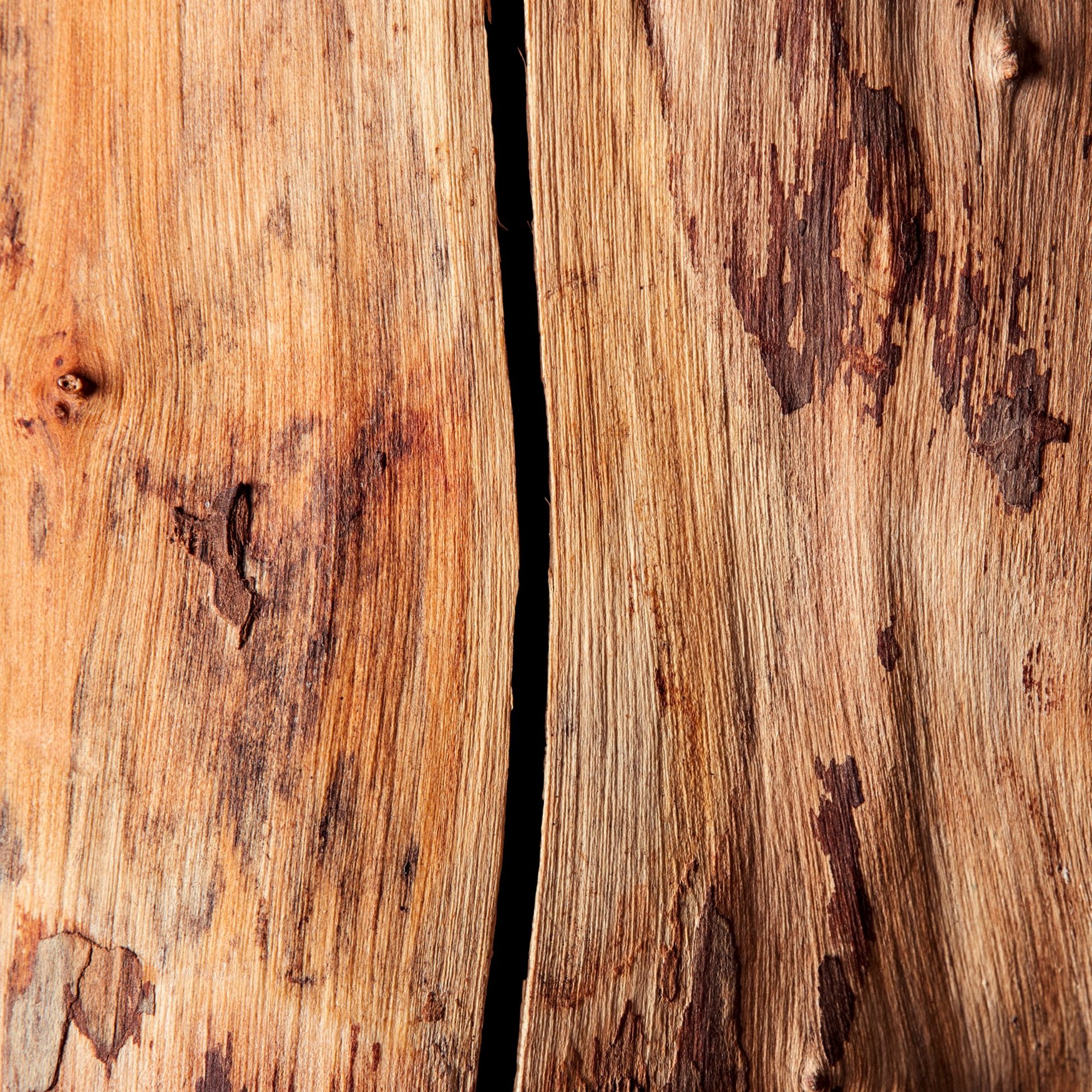Ernest Beaux
A sculptor of the invisible, he gave the century an unforgettable breath of fresh air.
Ernest Beaux, born in Moscow in 1881, in the strange glow of the Russian winter, was a magician of the shadows, an architect of the absolute who engraved his name in the eternity of a bottle. The son of an emigrant French perfumer, he grew up between two cultures, between imperial splendour and scientific rigour, forging a singular sensibility early on, made up of contrasts and exacting standards.
It was in the laboratories of Rallet, a supplier to the Tsars' court, that he honed his talent, exploring the boundaries of what was possible and learning to combine nature and modernity. The Revolution forced him to leave Russia, but it did not wipe out his genius. In exile, he took with him his knowledge, his memories of snow and frosty jasmine, and an intuition: perfume could become abstraction, pure sensation, almost an idea.
In 1921, his meeting with Gabrielle Chanel changed history. This alchemy gave birth to the legendary N°5, a quintessence of mystery, rigour and elegance. A revolutionary composition, as dense as an evening cloth, where the aldehydes vibrate like a burst of light on the skin. More than a fragrance, N°5 is a manifesto: that of a free woman, of a new century, of an art of blurring.
Ernest Beaux doesn't compose much, but he composes just right. Bois des Îles, Cuir de Russie, Gardénia… each of his fragrances is an enigma, a captured atmosphere, a fragment of silence. A discreet man, almost invisible behind his masterpieces, he shunned fame as one shuns noise, preferring accuracy to brilliance.
He died in 1961, leaving behind a handful of fragrances and a quiet revolution. With him, fragrance ceased to be an ornament: it became language. Ernest Beaux was the sculptor of the invisible, the man who gave the century an unforgettable breath of fresh air.
